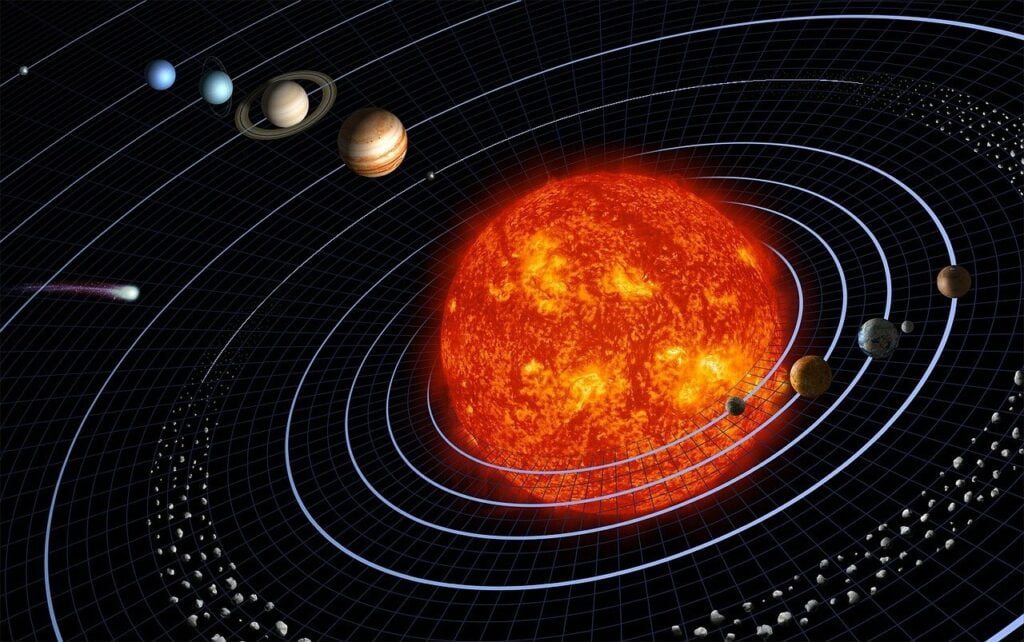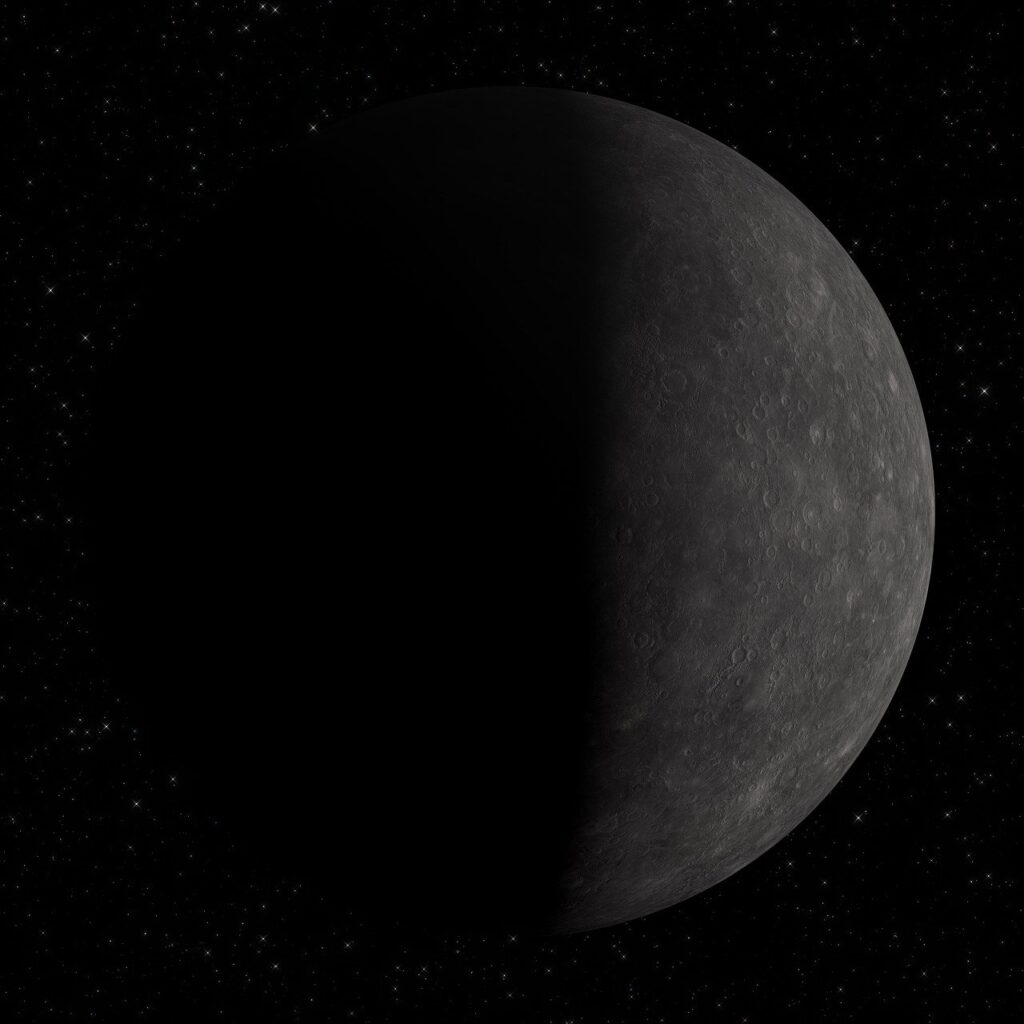twin because of its similar size and mass. However, Venus is a much harsher and inhospitable world than Earth. Its surface is extremely hot (about 462 degrees Celsius or 864 degrees Fahrenheit), has a thick, dense atmosphere of carbon dioxide, and is devoid of water. Venus also spins very slowly on its axis, so a day on Venus lasts longer than a year. Scientists are still trying to understand how Venus became such a different planet from Earth, and they are also interested in whether or not there is any possibility of life on Venus in the past or future.

Venus is the second planet from the Sun and is often called Earth’s
Here are the top 10 questions asked on Google and YouTube regarding Venus:
1. Why is Venus so hot?
Venus is the hottest planet in our solar system, with surface temperatures reaching over 462 degrees Celsius (864 degrees Fahrenheit). This is due to a combination of factors, including its proximity to the Sun, its thick atmosphere, and its slow rotation.
2. What is the surface of Venus like?
The surface of Venus is covered in a thick, dense atmosphere of carbon dioxide that is about 95 times denser than Earth’s atmosphere. This atmosphere traps heat from the Sun, causing the planet’s intense heat. The surface is also covered in volcanoes, lava flows, and craters.
3. Does Venus have any water?
Venus is thought to have had liquid water in its past, but it is now extremely dry. The planet’s atmosphere is so hot and dry that any water that would have existed would have evaporated long ago.
4. Is Venus habitable?
Venus is not currently habitable for life as we know it. Its extreme temperatures, thick atmosphere, and lack of water make it impossible for life to exist on the surface.
5. Why does Venus spin backwards?
Most planets in our solar system rotate counterclockwise, but Venus rotates in the opposite direction, clockwise. This is thought to be due to a collision with another planet early in its history.
6. What are the phases of Venus?
Venus goes through phases just like the Moon. When Venus is between Earth and the Sun, it appears as a crescent. When Venus is on the opposite side of the Sun from Earth, it appears as a full disc.
7. What is the atmosphere of Venus made of?
The atmosphere of Venus is made up of 96% carbon dioxide, 3.5% nitrogen, and trace amounts of other gases, including sulfur dioxide, oxygen, and argon.
8. How long does a day on Venus last?
A day on Venus lasts for 243 Earth days. This is because Venus rotates very slowly on its axis.
9. How long does a year on Venus last?
A year on Venus lasts for 224.7 Earth days. This is because Venus takes a shorter time to orbit the Sun than it does to rotate on its axis.
10. What is the future of Venus?
The future of Venus is uncertain. It is possible that the planet could become habitable again, but this would require a massive change in its atmosphere and climate.
You may also like:
Mercury: The Closest Planet to the Sun
Venus: The Earth’s Twin or a Very Different Planet?
Mars: Comprehensive Exploration, unveiling the Mysteries
Jupiter: A Cosmic Giant – Symphony of Storms
Saturn: A Gaseous Giant with Enthralling Rings and Diverse Moons



Pingback: Mars FAQ – TOP 10 questions – Nobrainair
Pingback: The Sun FAQ – TOP 10 questions – Nobrainair
Pingback: Jupiter: A Cosmic Giant – Symphony of Storms – Nobrainair
Pingback: Jupiter FAQ – TOP 10 questions – Nobrainair
Pingback: Jupiter FAQ – TOP 10 questions - NoBrainAir - Love Science